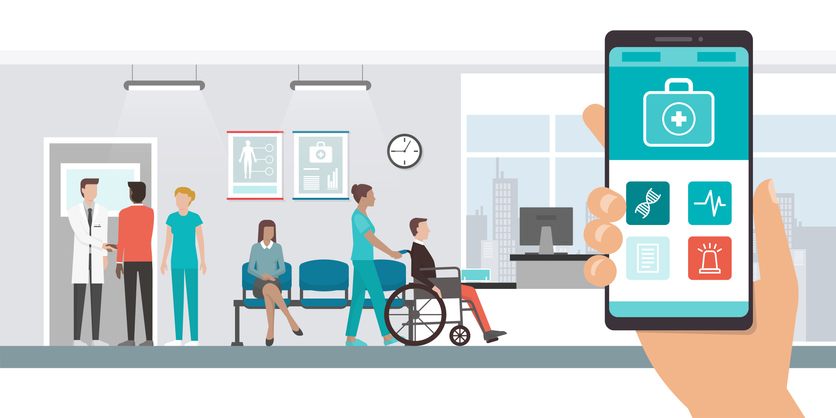By James E. Valentine*
Whether you call it “patient advocacy,” “patient engagement,” or maybe something a little fancier, in recent years incorporating the patient perspective has become a hot topic issue for FDA and drug developers alike. As FDA stated in announcing its Patient Focused Drug Development initiative, this is because “patients who live with a disease have a direct stake in the outcome of FDA’s decisions and are in a unique position to contribute to the understanding of their disease” (78 Fed. Reg. 21,613 (April 11, 2013)).
There has been much collaboration between FDA, industry, and patient groups to identify best practices for engaging patients and to conduct pilot programs that solicit patient input. In the midst of all of these larger efforts, I wanted to share a recent experience that very simply demonstrates the value and impact of the patient voice.
Earlier this year CDER was being asked for input by a sponsor seeking to enter phase 3 of development for a rare disease. It is not uncommon in rare diseases for the FDA review staff to not have direct clinical experience with the disease or a nuanced scientific understanding of the disease. To the sponsor and the expert consultants on this rare disease, the input from CDER seemed not quite tailored to the unique needs of the patients with this condition. The patient community for this disease had already been meeting with the company to make sure that the company officials understood their disease and unmet medical need, but had not yet contacted anyone at FDA. This situation presented a prime opportunity for these patient advocates to share their perspective on the critical aspects of their disease with FDA, and I suggested that they do so. I did not tell the patient advocates what they should or should not tell FDA, but gave advice on how to navigate the Agency and answered questions they had about the FDA regulatory framework.
Just a few months later, when CDER next provided further guidance to this drug sponsor, the very first thing the FDA reviewers mentioned to the sponsor was that they had met with representatives from the patient community and that they now understood the disease. The ensuing engagement between FDA and this sponsor was highly constructive and the conversations surrounding the planning of the phase 3 program allowed all parties to move forward on the same page.
This shows that FDA’s openness to and efforts to engage with patients are making a constructive difference in advancing innovation. Patients are in a unique position in their understanding of their disease, and their contributions can and will make an impact promoting development and review and new medicines.
[Speak image from flickr user Brooke Novak]
*Not admitted to practice in Washington, D.C.












